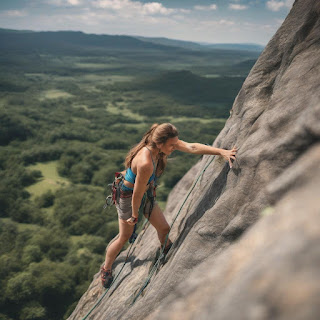Prefer, would prefer, would rather
A) Prefer doing / prefer to do Prefer means to like something better than something else. We use "prefer doing" or "prefer to do" to talk about our preferences in general . I prefer read ing a book to watch ing TV. I prefer to read a book rather than watch TV. She prefers driving to work to taking the bus. She prefers to drive to work rather than take the bus. They prefer cooking at home to eating out in restaurants. They prefer to cook at home rather than eat out in restaurants. B) would prefer to do We use "would prefer to do" to say what we choose to do something now or in the future . - Let's go out and have a walk in the park. - No, I feel tired. I'd prefer to stay home and have a rest. The museum is a long way away from here. I'd prefer to take a taxi rather than walk . I'd prefer to go for a walk by the seaside rather than wait here. C) Would rather do = would prefer to do - Shall we study together tonight? - Well, I...




